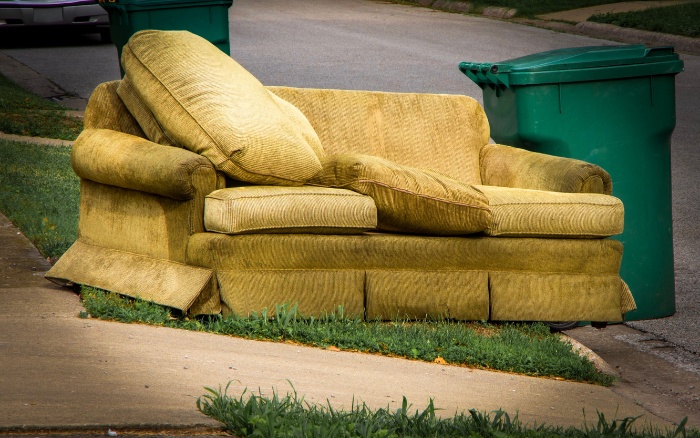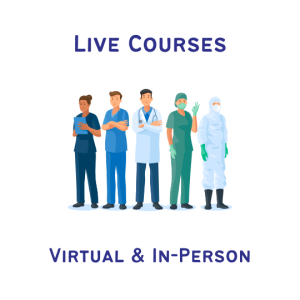
Published January 22, 2024 | Updated May 29, 2024
I am currently an F3 doctor enjoying working in New Zealand. During my F2 year in Exeter, I was the president of the doctors’ mess.
When I first joined the foundation program I didn’t appreciate what a mess was or what it provided, let alone what would be involved in joining the committee. I have written this page to help those who are unsure about what the doctors’ mess is, and to help those who are toying with the idea of joining the committee.
What is a Doctors’ Mess?
The mess is both a physical space and a service. The physical space provides a place for doctors to congregate and socialise within working hours. They usually consist of:
What is included in this service varies between hospitals, but the core aspects are;
It is funded by the members, often around £15 per month which comes out of your payslip (pre-tax).

I think the most important aspect of the mess is the safe space that is reliably provided to all grades of doctors, but mainly junior doctors (see this article to see why we need such a space).
The mess allows you to de-brief with your colleague about a bad clinical experience, meet a new friend on your first day of work, or talk to others about what it’s like to work outside of the NHS (without facing any guilt!).
5 Tips on Making the Most of Joining the Mess
What Does the Mess Committee Do?
Like most societies at medical school, the doctors’ mess needs a committee to keep things on track and make good things happen!
Committee Roles
The core positions in the committee are:
President
Their role is to keep an oversight on all aspects of the mess and weigh in on important decisions.
As well as this, they represent junior doctors at the Junior Doctors’ Forum (JDF).
Treasurer
In charge of all things money! They keep track of the income and outgoings of the mess bank account and advise other members on their purchasing.
They are not responsible for any money related to exception reporting or personal finances.
Social secretary
Organise the monthly payday parties as well as any other events that the mess may run.
Sports secretary
Set up sports teams that are requested, find captains for each team, maintain equipment used by the teams, and organise the courts/ pitches/ paddleboards.
International medical graduate (IMG) representative
Represent interests of IMGs to the committee and organise social events for IMGs.
There are many other roles, for example, we had food and drink representatives who kept the cupboards stocked in the mess, wellbeing representatives who would run events to support the wellbeing of doctors such as mental health first aid training, and a garden representative to look after our awesome balcony.
The committee meets regularly (we did every 3 weeks) to keep the ball rolling with decision-making and planning. As well as this, being on the committee means that you often get approached by people expressing their ideas/feedback/thanks, so it’s a very social job!
How Do I Get Involved?
Different hospitals have different styles of committees. Most hold their elections at the end of the academic year, so everyone but the new incoming F1s can apply. Others elect at the start of the academic year, so fresh F1s can join in.
There are pros and cons to these approaches, but personally, I would advocate only applying if you are F2 or above. This allows you to see how your trust mess works so you have a better understanding when you join.
The application process is much the same as committees at medical school. You write a short piece on why you should be chosen and what you intend to do with the role. The current committee then looks at the applicants and either decides amongst themselves who they will elect or lets the mess members decide by doing online polls.

Pros of Getting Involved
Being part of the mess committee in any role has a lot of pros.
For one, you make a massive difference in the lives of the doctors are your hospital:
- By maintaining a well-kept space where people can eat their lunch, you create opportunities for new personal relationships to be made.
- By running sports clubs, you encourage physical activity as a form of socialising, looking after the wellbeing of your colleagues.
- By being involved in managerial hospital discussions (such as at the JDF), you can make changes to hospital protocols, policies, and cultures.
Being on the committee also allows for personal growth. After a year of being the mess president, I developed my leadership skills massively – it is quite hard to manage a team of people who are all your peers/friends/seniors!
If management of leadership is something you are interested in, being on the committee gives great insight into the politics of running a hospital that is hard to gain otherwise.
As already mentioned, in every role you are going to socialise with a lot of people you normally wouldn’t, making it a great opportunity for you to widen your social circle or help you settle into a new trust.
Showing engagement with the doctors’ mess will improve your CV, especially in the current climate. By being part of the committee you are making yourself aware of hospital politics (you will be involved in strike talks and work closely with the BMA), working with a wide range of people, showing personal organisation, and acknowledging the importance of looking after your wellbeing.
There’s also a chance of getting some application points in your speciality application, including IMT application (2 points) and CST interview (to score up to 6 points in the management station).
Cons of Getting Involved
Now some downsides.
It varies between roles, but everyone on the committee puts in time outside of the working hours. I would estimate about 1-2 hours a week depending on your role, obviously, this adds up and can be difficult if you are on a particularly taxing job.
Before you apply for a role, make sure you have the capacity to make time for the responsibility.
Although it is interesting to see hospital politics, if you are the president you tend to get dragged into it even if you don’t want to. One largely debated question in a lot of UK messes is should physician associates be allowed to join the mess. There are many a Reddit page devoted to this hot topic!
Negative feedback is unfortunately far more common than positive feedback, no matter how good of a job you are doing. Bear in mind that when organising events for a large group of people, you simply cannot please everyone!
My Experiences of Being on the Mess Committee
I applied for the position of mess president at the end of my F1 year. The application process was quite simple; I filled out a Google form explaining why I would be suitable for the role and what I would plan to do if I was elected.
Reviewing the applications and making the decision on who to elect was done by the previous committee members (as opposed to opening it up to the public).
The committee before me (who had to do most of their work through the midst of COVID and socialising restrictions) had done an incredible job. They had several successful sports teams, did a lot of work on re-decorating the mess space, and had a good provision of food. Therefore, my main goal for the year was simply to carry this on!
For the first half of the year, my main challenge was figuring out how to lead the team. As I mentioned previously, it’s difficult to chair a meeting when the people in it are your friends and seniors. But thanks to this I now have learned how to do this in future.
One of the best things about being part of the mess committee is making an impact on other doctor’s day-to-day lives. Whether that be someone finding a cupboard full of Pringles, or someone knowing who to talk to about an issue they are having. It was an extremely rewarding role.












